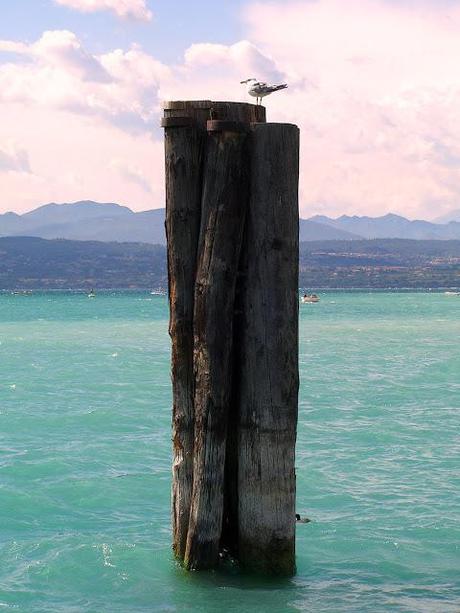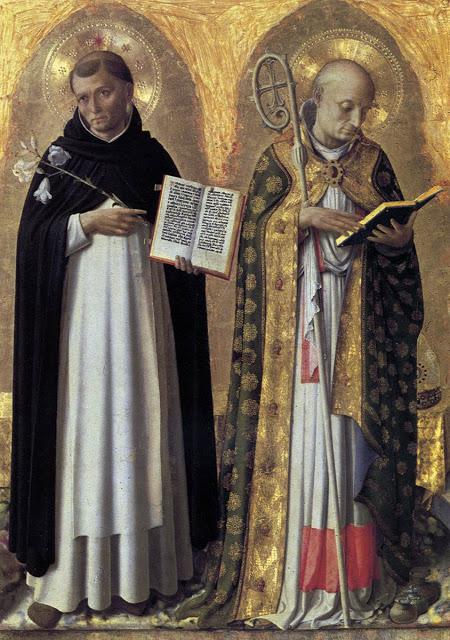
It was even organized a crusade against Catharism, which resulted in many bloody massacres in the south of France and Italy. The origin of the name Cathars is greek (Catharsi, purification); members of this religious movement considered themselves The Pures.
Pure of heart as representatives of a free love, unconditional, separated from material world, in direct contact with God.
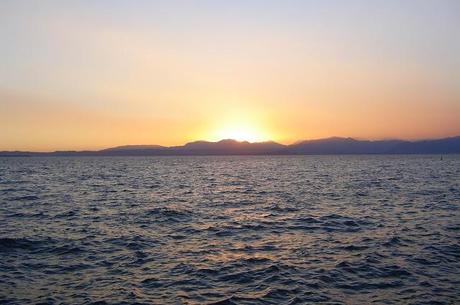
For Cathars the only sacrament
recognized was the Consolamentum, a kind of baptism transmitted by the laying on of hands,
through which the consulate received
direct connection with The Holy Spirit.
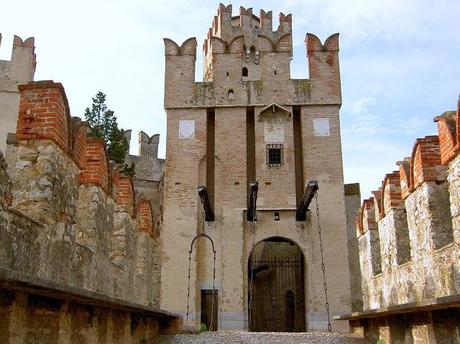
Many consider the massacre of Montsegur (France), in 1244, the end of the Cathars’ epic tragedy.
In fact, for thirty years they found refuge in the welcoming and tolerant shores of Garda Lake, protected by the benevolent town of Sirmione.
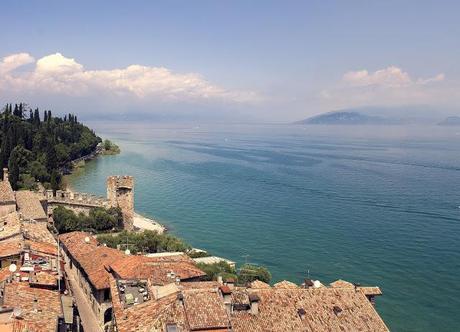
The lake was crucial for the existence of this religious people because, according to their doctrine, they could not eat the food originated from reproductive activity, such as meat, eggs, milk, etc. But in the Middle Ages it was not known that fish reproduce themselves by coupling,
then these animalswere considered a safe food.
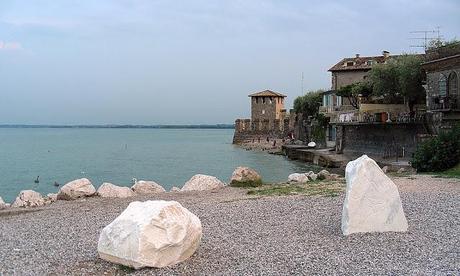
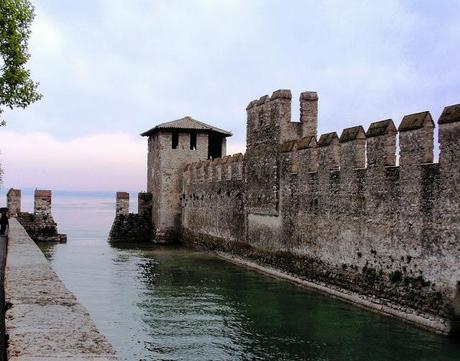
Moreover, they were the main food of people living on the banks of the lake and this allowed the Cathars to go unnoticed.
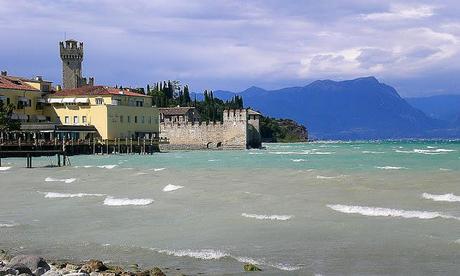
In Desenzano there was a Cathar Church with more than five hundred "perfecti", one of the most importants in Italy and Europe. They practiced the doctrine of "absolute dualism" (according to which God and the material world are distinct and opposite subjects), in marked contrast to the religious propaganda perpetrated by the Catholic Church.
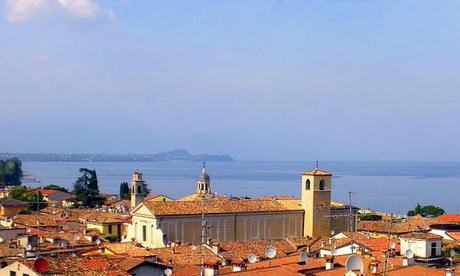
Desenzano
On November, 11, 1276 the last 166 Cathars, escaped from the massacres all over Europe and refugees in Sirmione, were arrested with a military expedition, led by the captain of the people of Mantua and Alberto della Scala, both of them committed to obtain papal favors.
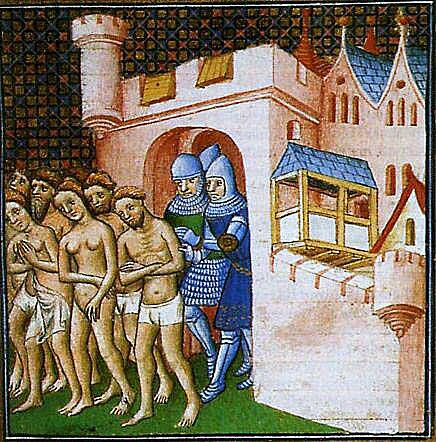
The prisoners, considered heretical and subversive by the Church, were brought to Verona where, on February 13, 1278, were publicly burned alive in a huge human bonfire in the arena of the city.
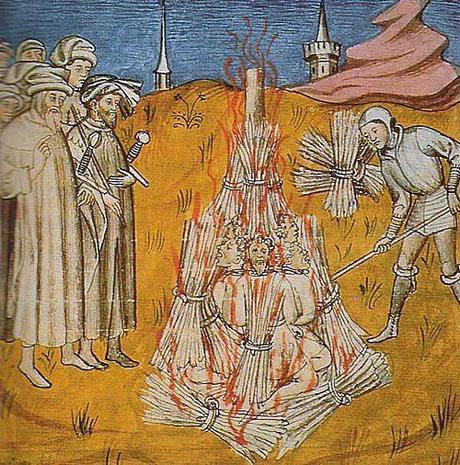
But are we really sure that the Church has captured and killed all the Cathars? This story reminds us that one of the Templar Knights.
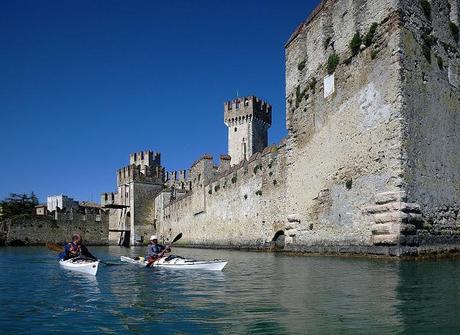
Some might still live peacefully .... Here on the shores of the picturesque Garda Lake, protected by ancient ramparts of the fortress, in the snug town of Sirmione ...
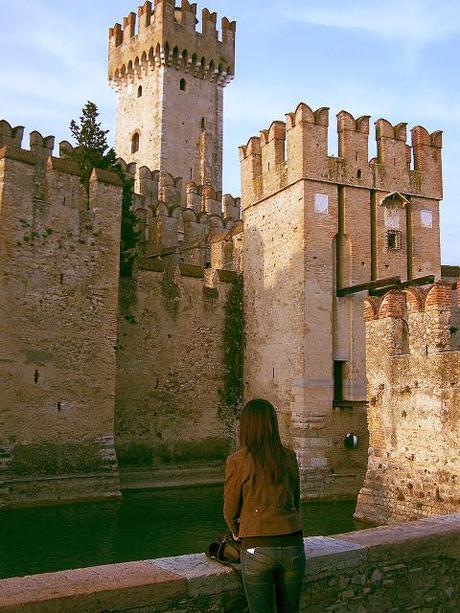
CATULLO’S CAVES
On the tip of Sirmione’s peninsula we see the famous "Grotte di Catullo".
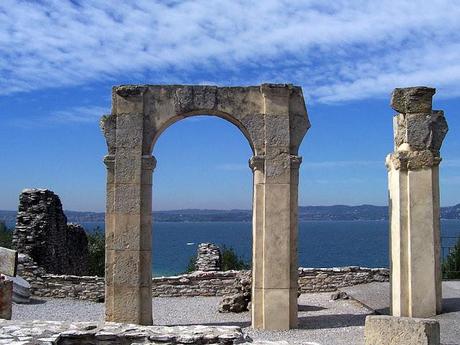
They are the remains of the largest Roman villa unearthed in Northern Italy, built in the first century BC and the first century AD, surrounded by a large olive grove.
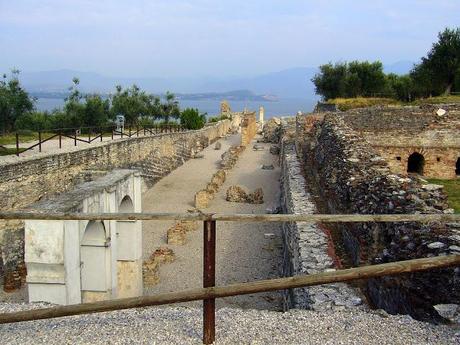
According to tradition, this beautiful villa was the house where lived the Latin poet Catullus.
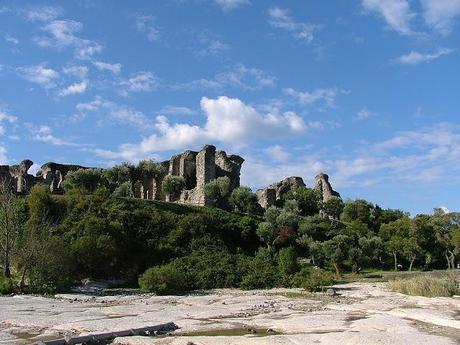
In fact, the great author belonged to the Valeri’s family of Verona which definitely had a villa in this area, but there is no evidence that this was really his home.
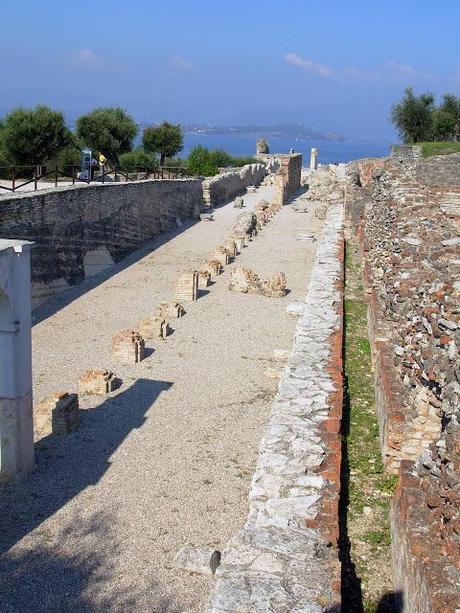
Anyway, whoever had lived here, in any age, was certainly inspired and surrounded by a beautiful landscape, on the shores of Garda Lake.
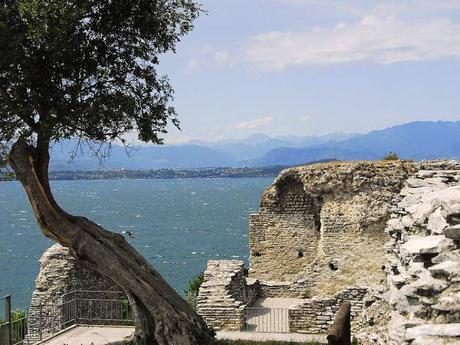
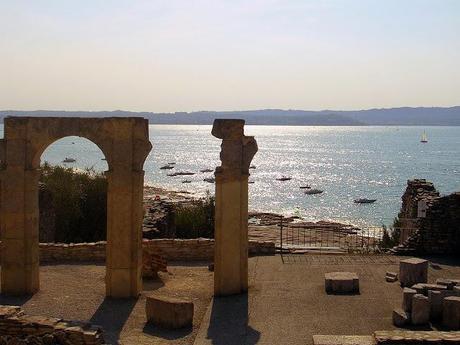
CREAMED BARLEY WITH PUMPKIN AND CINNAMON Ingredients: serves ten600 g of pearl barley 100 g Parmigiano Reggiano cheese 2 chopped shallots 500 g of cleaned pumpk cut into little cubes 100 g of butter 2.5 liters of vegetable broth ground cinnamon salt and pepper

Preparation:Peel and finely chop the shallot. Clean the pumpkin and cut into little cubes. Brown the shallots with a little butter, add the pumpkin and cook for 5 minutes. Add the barley and broth, then cook over medium heat for about 40 minutes, stirring often. Add remaining butter and Parmesan cheese. Serve the dish covered with a ‘bit of ground cinnamon.
